Have coronavirus conspiracies damaged the rollout of UK 5G?
5G was already the target of health scares and rumours – the eruption of COVID-19 has only made it worse
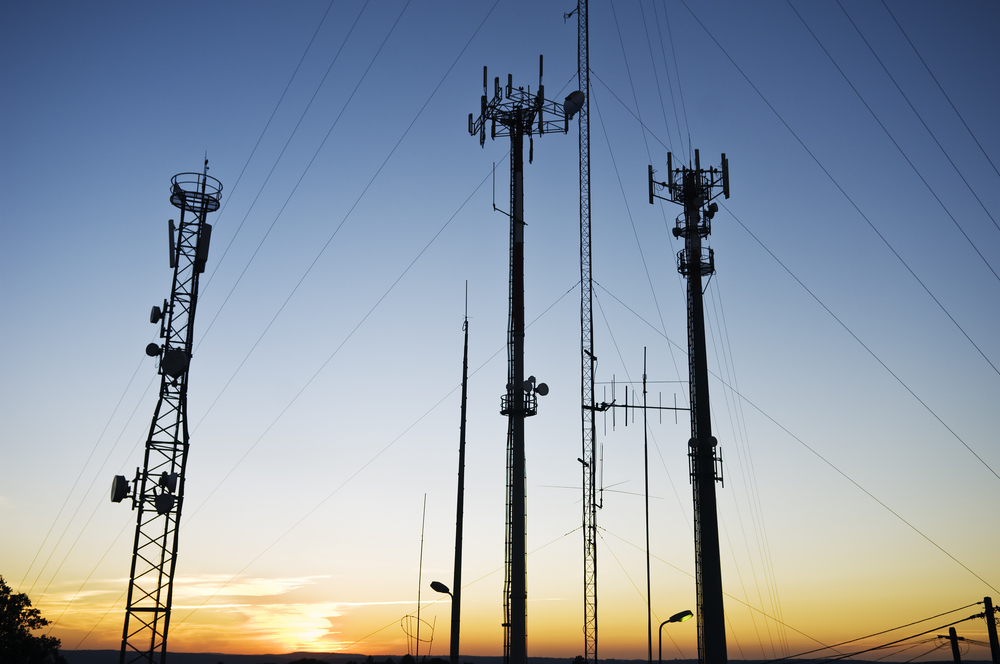

Conspiracy theories around health risks from mobile technology are nothing new, dating back to the early days of pay-as-you-go contracts, which put a phone in everyone’s pocket. But this year, the volume has been turned up to 11, as people started sharing misinformation tying 5G to the COVID-19 coronavirus pandemic.
For quite some time 5G’s opponents have cited health risks as their main concern; implying that because 5G signals were stronger than those that came before them, they would be a risk to human health. Images of flocks of dead birds and mobile engineers wearing hazmat suits were used to back up their argument, but with the arrival of Coronavirus came a whole new range of conspiracy theories.
In recent months we’ve heard stories claiming COVID-19 is a hoax designed to keep us all in our homes while the government rolls-out 5G, that 5G technology makes COVID-19 symptoms worse, and that in reality there is no virus – it’s actually 5G that’s caused the global pandemic.
Stories like these spread across social media, and were given credence when shared by celebrities including Amanda Holden, Amir Khan, Callum Best, Woody Harellson and a host of reality stars.
Let’s be clear: There’s no truth to these claims. Their impact, however, has been threefold according to Matthew Evans, director of markets at trade association techUK. “Firstly, attacks of infrastructure and engineers,” he says. “Secondly, the time and effort that has been used to combat these conspiracy theories, and thirdly, in some very localised areas councils have come under pressure to veto 5G infrastructure.” This has included Glastonbury Town Council, which has said it would oppose the rollout of 5G.
Attacks on engineers and infrastructure
According to trade association Mobile UK, as of mid-June there had been 95 arson attacks on communication infrastructure and 250 incidents of abuse toward engineers in the UK, taking place everywhere from Belfast and Birmingham to Manchester and Liverpool.
Openreach, which doesn’t even deal directly with 5G installations, has borne the brunt of a lot of the attacks towards engineers, with more than 60 incidents of 5G-related threatening, abusive, or physical behaviour in just six weeks. “This is more than we saw in 12 months last year,” says Richard Ginnaw, Openreach security operations manager.
Get the ITPro daily newsletter
Sign up today and you will receive a free copy of our Future Focus 2025 report - the leading guidance on AI, cybersecurity and other IT challenges as per 700+ senior executives
In response, the company has beefed up safety training, even introducing a ‘safe word’ protocol where an engineer in an abusive situation can safely signal to the security control centre that they need assistance.
As for the arson attacks on masts, they have had very little direct impact on the rollout of 5G, because most, if not all were in fact 2G, 3G or 4G towers. That’s not to say they were harmless, by any means, with Evans saying they “caused severe localised disruption to individuals, who during lockdown have relied on connectivity to stay in contact with the world”.
Thankfully there has been a tail-off in the number of attacks, both towards people and infrastructure. However, Mobile UK reports that a small number of cases continue to be recorded on a weekly basis.
Stopping the spread of misinformation
The reduction in the number of incidents is at least in part due to the work undertaken by the government and industry.
“It would appear that the attacks have massively slowed, with the authorities taking appropriate action to locate and prosecute offenders wherever possible, and many organisations have taken action to reduce the spread of mistruths,” says Peter Curnow-Ford, board member of industry network Tech London Advocates 5G.
“Secondly, the industry itself has proactivity brought fake news around 5G to social media’s attention and Facebook, Google, WhatsApp and Instagram have all removed accounts and inappropriate messages.
“The mobile industry has collaborated with organisations such as GSMA, WHO, Facebook and Google to reduce the overall volume and spread of groups, sending of messages and re-inserting the facts, wherever possible, into the debate.
“Governments have worked, through their own health authorities, to limit disinformation, the EC/EU has done likewise, which has included re-publishing data on how there are very accurate and controlled limits on the amounts of radiation,” Curnow-Ford continues. “There have been no clinical studies showing any direct impact of radiation, and some regulators, including Ofcom, have gone out and actually measured the radiation coming from towers fitted with 5G, which have shown that the power levels do not differ from 4G and are well within legal limits.”
Have the conspiracy theorists caused delays?
Neither the online misinformation nor the physical attacks to network infrastructure appear to be causing any real setback from the deployment of 5G in the UK, although “there will have been delays to individual sites and new jobs for specific repairs on damaged masts and infrastructure,” notes Kevin Hasley, chief commercial officer at network performance benchmarking firm RootMetrics.
What we can’t predict, though, is the longer-term impact of the recent myths and attacks. There are many external factors that influence whether or not a national rollout is successful and public sentiment is a hugely important one for operators and authorities alike.
“Not only can customer confidence and demand impact operator strategies, it can also have wider ramifications on policy making at both a local and national level,” explains Dr Paul Carter, CEO of independent network benchmarking firm Global Wireless Solutions (GWS).
Overall, experts believe there will be a delay to the rollout and adoption of 5G, but that this can be attributed to COVID-19 itself, rather than the conspiracy theories.
“The economic impact of Coronavirus means people are unlikely to be buying 5G devices, seeing them as a luxury rather than a necessity,” says Alan Carlton, VP of InterDigital Europe, a developer of wireless technology standards. “The virus’ effect on the supply chain, delaying equipment from Asia, will also slow things down and impact operators’ plans.
“But the biggest impact we’ll see from the virus on operators and businesses is on the money-making use cases of 5G, such as football stadiums and concert halls,” he continues. “With social distancing measures in place, these use cases are simply too far removed from our current and future reality – at least for the next year or so.
Keri Allan is a freelancer with 20 years of experience writing about technology and has written for publications including the Guardian, the Sunday Times, CIO, E&T and Arabian Computer News. She specialises in areas including the cloud, IoT, AI, machine learning and digital transformation.
-
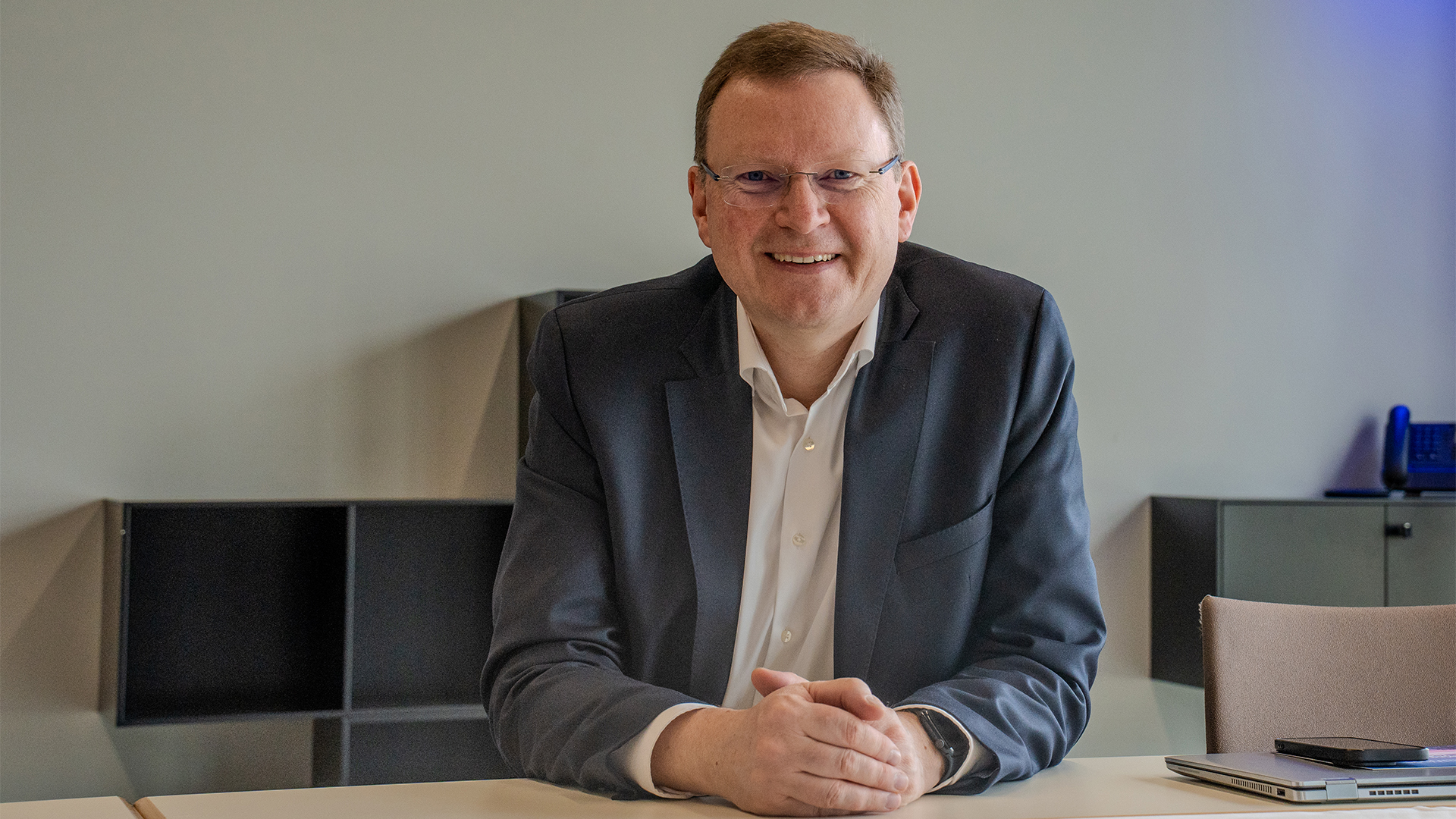 DocuWare CEO Michael Berger on the company’s rapid growth
DocuWare CEO Michael Berger on the company’s rapid growthNews ChannelPro sat down with DocuWare CEO Michael Berger to discuss the company's rapid growth and channel strategy.
By Bobby Hellard Published
-
 Seized database helps Europol snare botnet customers in ‘Operation Endgame’ follow-up sting
Seized database helps Europol snare botnet customers in ‘Operation Endgame’ follow-up stingNews Europol has detained several people believed to be involved in a botnet operation as part of a follow-up to a major takedown last year.
By Emma Woollacott Published
-
 4G and 5G protected a fifth of UK business during lockdown
4G and 5G protected a fifth of UK business during lockdownNews Mobile connectivity managed to preserve £205 billion of business for the UK between March and September, O2 claims
By Sabina Weston Published
-
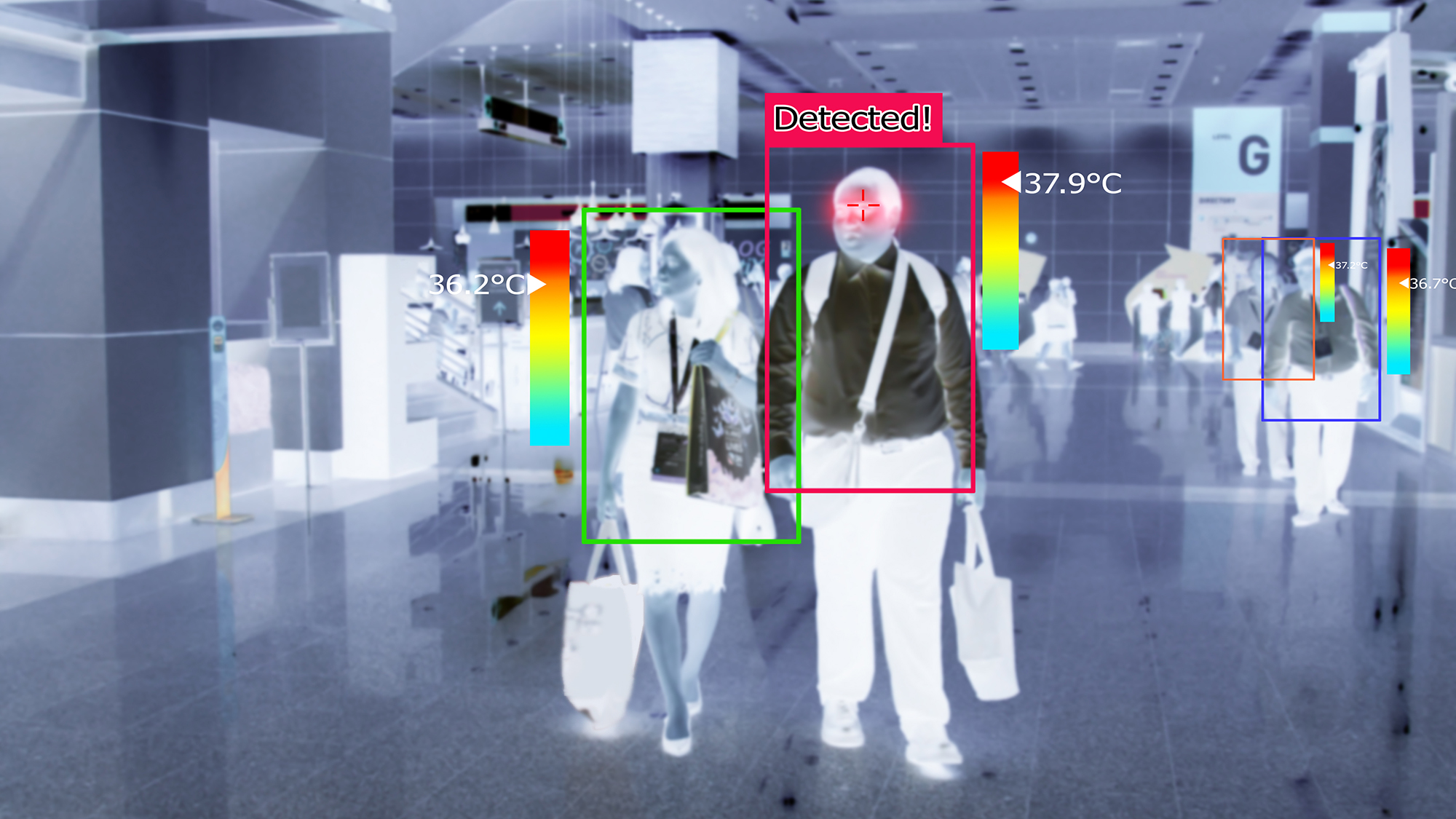 How to beat coronavirus with the Internet of Things
How to beat coronavirus with the Internet of ThingsIn-depth Could IoT technology be the key to making workplaces COVID secure?
By Bobby Hellard Published
-
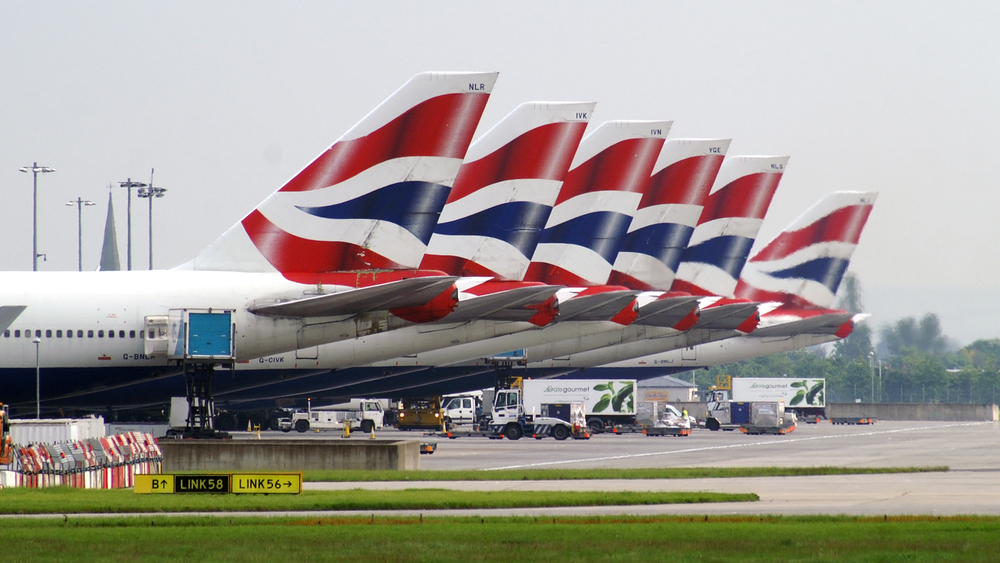 Non voyage: Coronavirus, Brexit and the future of business travel
Non voyage: Coronavirus, Brexit and the future of business travelIn-depth The current pandemic and the UK’s impending departure from the EU could have grave consequences for corporate travel
By Carly Page Published
-
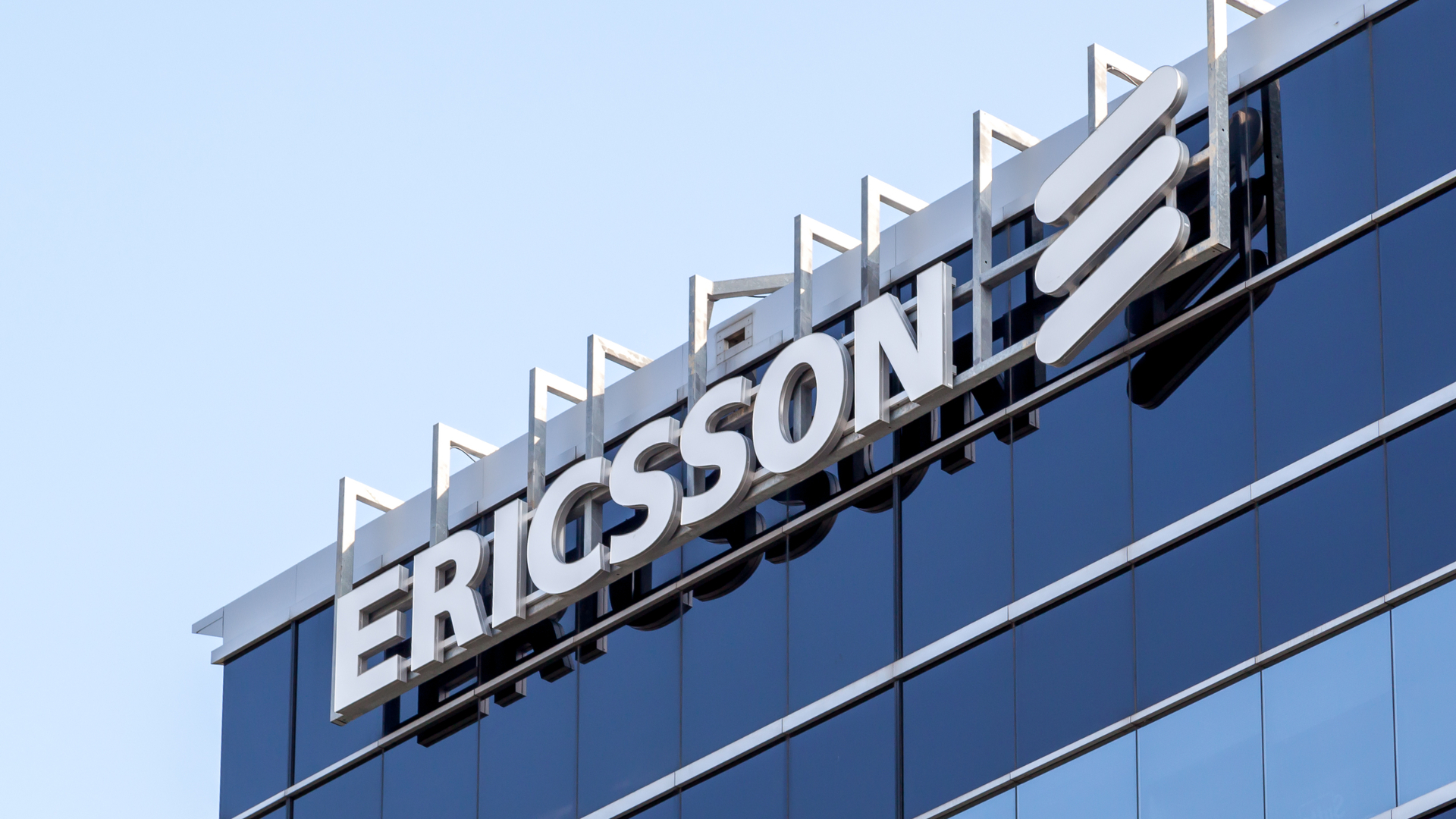 Ericsson increases 5G forecast as data demand surges
Ericsson increases 5G forecast as data demand surgesNews Coronavirus pandemic has resulted in increased demand due to widespread remote working
By Sabina Weston Published
-
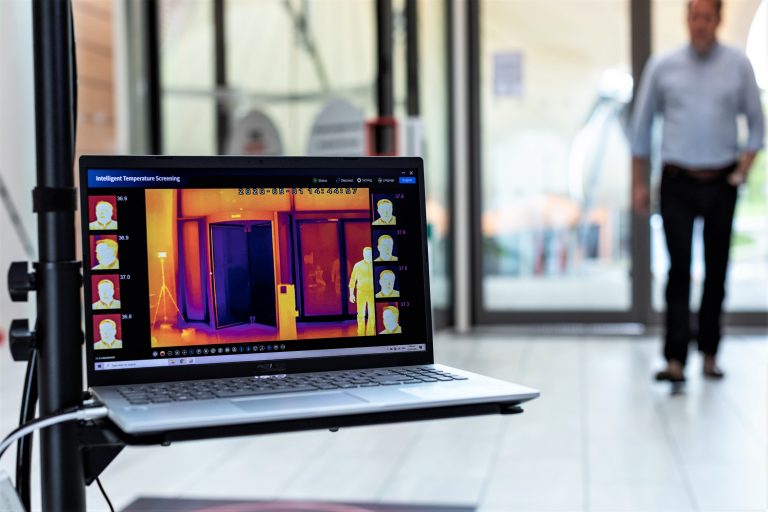 Vodafone launches IoT-enabled camera to screen employee temperatures
Vodafone launches IoT-enabled camera to screen employee temperaturesNews The device delivers accurate information on real-time body temperature
By Sabina Weston Published